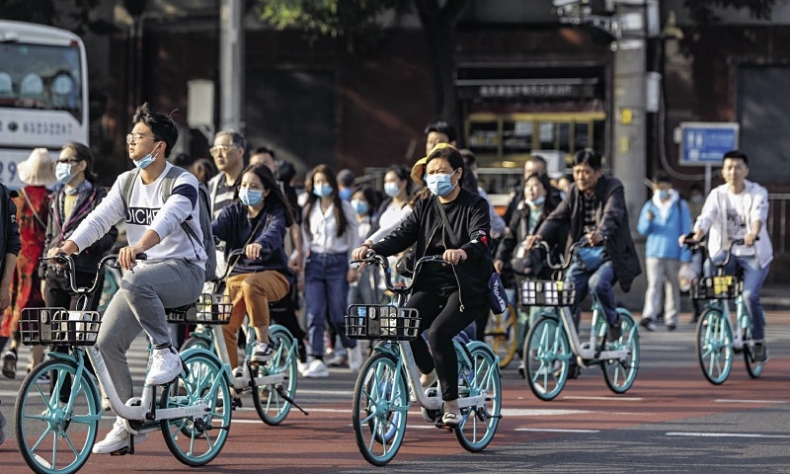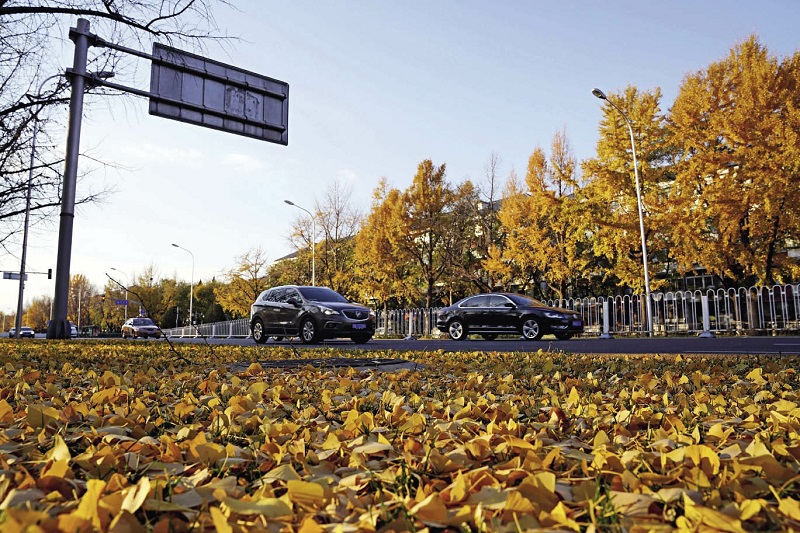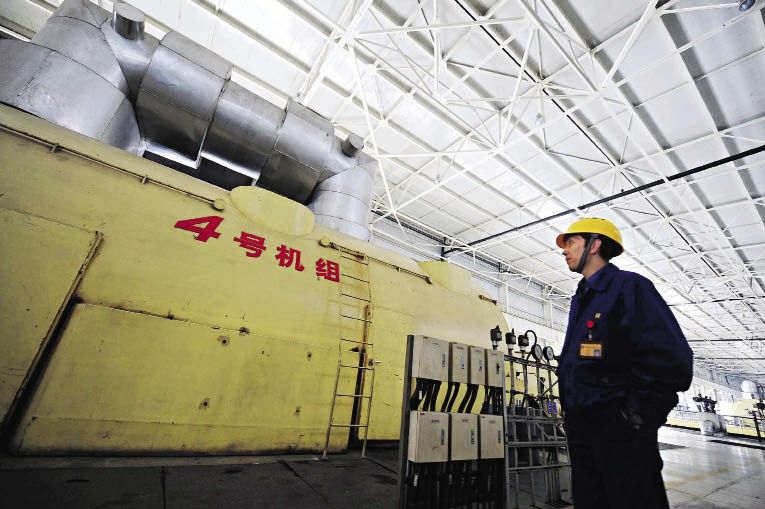Taking the Environment on Board

The general public has overwhelmingly supported environmentally friendly schemes, helping raise awareness dramatically in all walks of life. Commitment to environmental protection at all levels will undoubtedly bring about a much sought-after greener China.
China has made ecological and environmental protection a national priority, being acutely aware that the country has to go to war against pollution. “We must firmly establish the concept of a socialist ecological civilization. We must develop a harmonious relationship between man and nature and do everything to protect the environment for future generations,” said President Xi Jinping.
It would be fascinating to see how this impacts everyday life in China, in terms of the response of ordinary people, results, and the state of ecological awareness.
Riding for Kicks
China’s bike-sharing companies are hailed as an environmentally friendly alternative to the overcrowded public transportation system in most Chinese cities.
The arrival of dockless bikes in recent years is an innovation that has been unanimously welcomed in urban areas since its launch. Ofo Inc. was one of the first companies to launch a dockless e-bike-sharing scheme in Beijing. Shortly afterwards, other companies such as Mobike jumped on the bandwagon in major Chinese cities, and many other start-ups emerged. COVID-19 has also contributed to the success of this means of individual transportation: Hellobike reports that in all Chinese cities where it operates, so-called “long-distance” trips (more than 1.5 mile distance traveled) have doubled since April.
Nowadays, dockless bikes and electric vehicles are all the rage. According to Hellobike data, nearly 300 million trips per day were made on conventional bikes in the country in 2019, but more than twice as many trips were made on dockless bikes and electric scooters the same year, or about 700 million trips per day. These means of transportation have taken Beijing by storm. Noise pollution is almost a thing of the past as motorized two-wheelers have all but vanished.
The transition took place all the more quickly as Chinese manufacturers reacted swiftly to market demands and the trend of turning to a green transportation alternative. Companies such as NIU Technologies and Evoke Motorcycles have come up with prototypes and new models, and found ingenious ways of competing to meet the needs of users, thus winning their share of the electric market. Foreign companies are not lagging behind either. As early as 2010, Vespa caused a stir in Shanghai, while Peugeot opened a sales outlet in Nanjing. In addition, e-scooters are easily affordable in China at a price of somewhere ranging from US $300 to 600, making them a very cost-effective and ecological means of transportation.

All Sorted out
China has endeavored to eliminate straws and disposable plastic bags. Starting from September 2020, heavy fines are imposed upon violators of national restrictions on disposable plastic products, including single-use plastic bags and straws. In January 2020, Chinese authorities issued a new policy stating that plastic bags will be banned in some cities by the end of 2020, and that plastic pollution will be effectively curbed by 2025.
With the development of large cities and the increase in purchasing power, consumption has been continuously growing, and the amount of waste has gone up sharply. The rapid development of online sales in China has made things worse in that even though food, clothing, and other consumer goods can be delivered very quickly, such a trend generates large amounts of packaging waste.
The government has made an all-out effort to recycle waste throughout the country and is encouraging citizens to “lead the waste sorting battle.” Awareness-raising initiatives are multiplying, and recycling bins, public recycling stations, and municipal sorting centers have mushroomed in communities.

Blue Days and Clean Air
At the United Nations Climate Change Conference Paris in 2015, or COP21, China pledged to reduce its carbon intensity by 45 percent by 2020. This target has already been achieved in 2018, with a 46 percent reduction compared to 2005.
China has taken considerable steps to dismantle coal-fired power plants, reduce carbon emission levels, and lower particulate emission rates. Significant progress has been made in air quality, and the number of smoggy days in China’s major cities has decreased while blue sky days in Shanghai and Beijing are now common, and the air is much more breathable, even during rush hour.
On a larger scale, the reforestation of the country began 40 years ago, with the goal of building a some-3,000-mile long and around-900-mile wide green Great Wall to prevent the Gobi Desert from spreading. Sandstorms are now much less frequent.
China also wants to transition from fossil fuels to renewable energy. The country is currently the world’s leading producer of solar energy and intends to continue on its path towards green energy alternatives.
At the grassroots level, many volunteer associations are being created across the country, taking various steps in favor of the environment and the protection of biodiversity. In September 2019 in Dalian, Liaoning Province, an environmental association set for themselves the goal of cleaning up Bangchui Beach. More than 150 people answered the call and 76 kilograms of waste was collected and sorted. This inspiring example is now being replicated nationwide, showing that ordinary people are now waking up to the fact that natural sites must be protected at all costs.
In the same spirit, Alipay, a third-party mobile and online payment platform established by Alibaba Group, launched Ant Forest in 2016. Users receive green points for making ecological decisions on a daily basis, to be converted into trees in areas in dire need of reforestation. As of last September, 223 million trees had been planted on 204,000 hectares. The project was awarded the UN Champions of the Earth 2019 Award for encouraging consumers to reduce their carbon footprint, in addition to being the largest private-sector-led tree planting initiative in China.
The general public has overwhelmingly supported environmentally friendly schemes, helping raise awareness dramatically in all walks of life. Commitment to environmental protection at all levels will undoubtedly bring about a much sought-after greener China.
Florence Valenduc is a French journalist based in Beijing.
 Facebook
Facebook
 Twitter
Twitter
 Linkedin
Linkedin
 Google +
Google +










